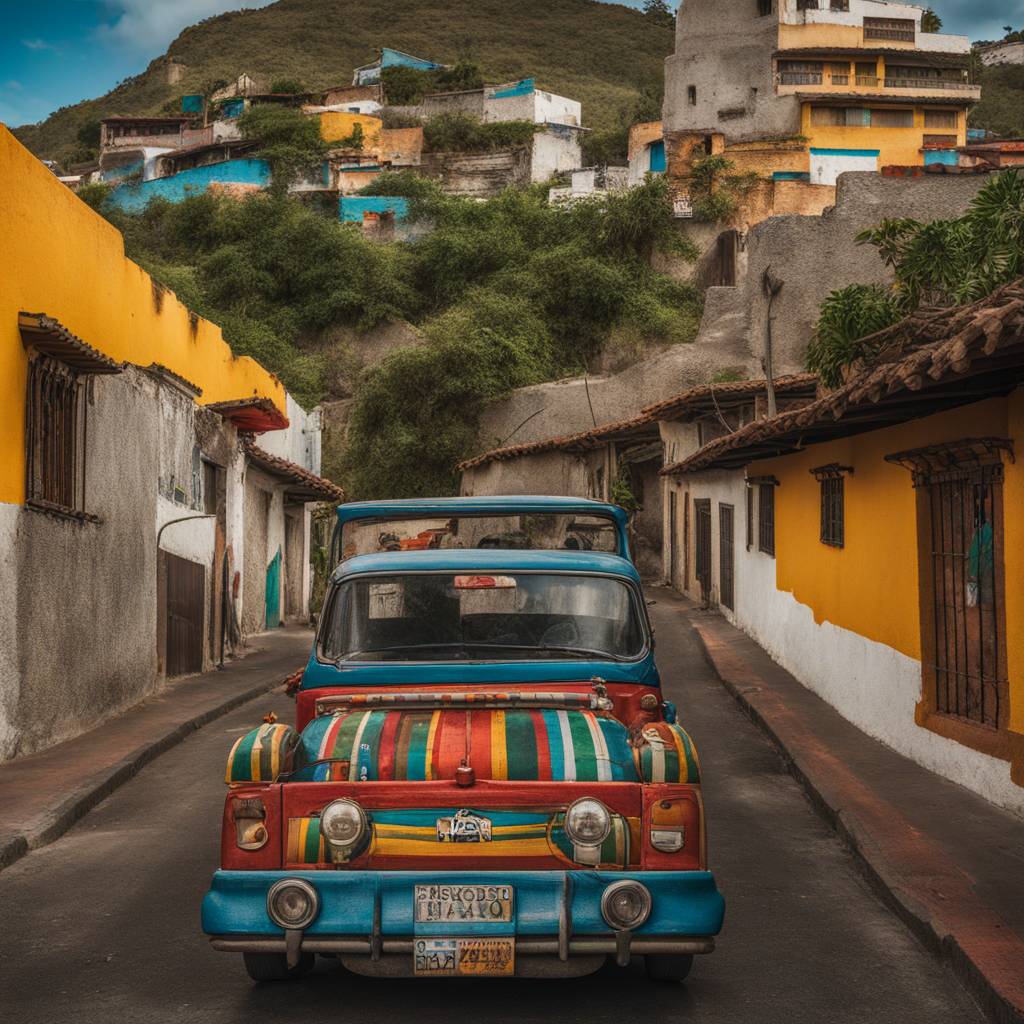Ecuador’s decision to send police officers to the Mexican Embassy to arrest politician Jorge Glas, who had taken refuge there, sparked tensions between Ecuador and Mexico. President Daniel Noboa, facing declining approval ratings and rising violence ahead of a key referendum, may benefit politically from the incident. The arrest, which was carried out after Mexico granted asylum to Glas, aligns with Noboa’s tough stance on violence and corruption in Ecuador. Noboa, who came to power in 2022 after President Guillermo Lasso called for early elections, faces the challenge of restoring law and order in the country to secure his re-election.
Glas, a former vice president of Ecuador, was sentenced to prison for corruption and had been living at the Mexican Embassy in Quito since December. His arrest was seen as a move by Noboa to demonstrate his commitment to tackling impunity and corruption within the government, which has enabled criminal groups in Ecuador to thrive. The president’s aggressive response to rising gang violence, including declaring an internal conflict and deploying the military to tackle crime, has brought some stability to violence-plagued areas like Guayaquil, but challenges remain.
While Noboa remains popular, recent polls show a decline in his approval ratings amid the ongoing violence in Ecuador. The country has witnessed a surge in crime linked to drug trafficking, leading the government to consider increasing security measures through a forthcoming referendum. The arrest of Glas, seen as a high-profile corruption case, may help Noboa in garnering support from voters who prioritize law and order. However, the incident has also raised concerns about international law and diplomatic relations with other countries in the region.
Mexico granted asylum to Glas, triggering a diplomatic dispute with Ecuador, which then sought permission to arrest him. The arrest at the embassy has attracted mixed reactions among Ecuadoreans, with some supporting it as a move against impunity, while others criticized it as a violation of international law and diplomatic norms. The incident has also raised concerns about the impact on ordinary citizens, particularly those who migrate through Mexico to the United States. The diplomatic rift caused by the arrest has drawn condemnation from several countries in the region, further straining Ecuador’s relations with its neighbors.
The United States, along with countries like Honduras, Brazil, Colombia, and Argentina, has criticized Ecuador’s handling of the situation, emphasizing the importance of respecting diplomatic missions under international law. The incident has highlighted the complexities of balancing domestic priorities, such as curbing corruption and violence, with international obligations and diplomatic relations. Noboa’s political future, as well as Ecuador’s standing on the global stage, remains uncertain as the fallout from the arrest at the Mexican Embassy unfolds.


